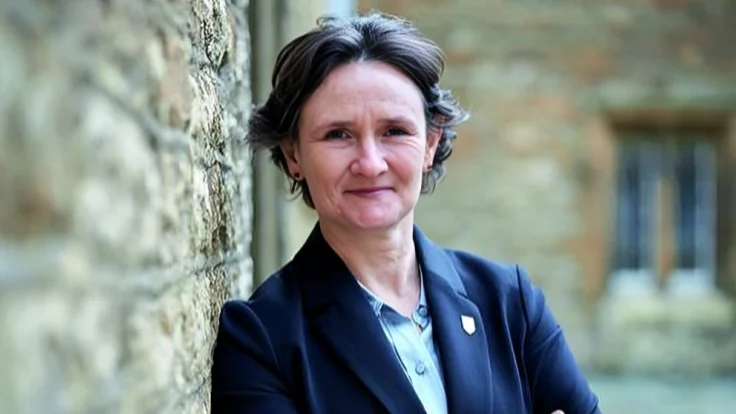Researchers from Oxford University, in collaboration with a local team in Uganda, have observed chimpanzees in Budongo Forest engaging in both self-directed and prosocial wound care. This study provides insights into the evolutionary roots of human medicine and healthcare systems.
Dr. Elodie Freymann from the School of Anthropology and Museum Ethnography stated, "Our research helps illuminate the evolutionary roots of human medicine and healthcare systems. By documenting how chimpanzees identify and utilize medicinal plants and provide care to others, we gain insight into the cognitive and social foundations of human healthcare behaviours."
The study titled ‘Self-directed and prosocial wound care, snare removal, and hygiene behaviours amongst the Budongo chimpanzees’ was published in Frontiers in Ecology and Evolution. It highlights that chimpanzees use medicinal plants to maintain health, suggesting that medical care among these primates is more widespread than previously known.
Dr. Freymann's team focused on two communities of chimpanzees in Budongo Forest: Sonso and Waibira. Over four months, they observed these communities while also utilizing video evidence from the Great Ape Dictionary database, logbooks with decades of observational data, and surveys from other scientists who had witnessed similar behaviors.
The researchers identified several plants used by chimpanzees for external care, noting their potential chemical properties beneficial for wound healing. They documented 41 cases of care: seven involving prosocial behavior where chimps helped others, and 34 instances of self-care.
Dr. Freymann explained various techniques used by chimpanzees for wound care: "Chimpanzee wound care encompasses several techniques: direct wound licking... finger licking followed by wound pressing; leaf-dabbing; and chewing plant materials." The study also noted hygiene behaviors such as cleaning genitals with leaves after mating.
Among the seven instances of prosocial care were four cases of wound treatment, two instances where chimps assisted with snare removal, and one case involving hygiene assistance. Care was not limited to any specific sex or age group; it was often given to genetically unrelated individuals.
"These behaviours add to the evidence from other sites that chimpanzees appear to recognize need or suffering in others," said Dr. Freymann.
The full study can be read in Frontiers in Ecology and Evolution under its original title.

